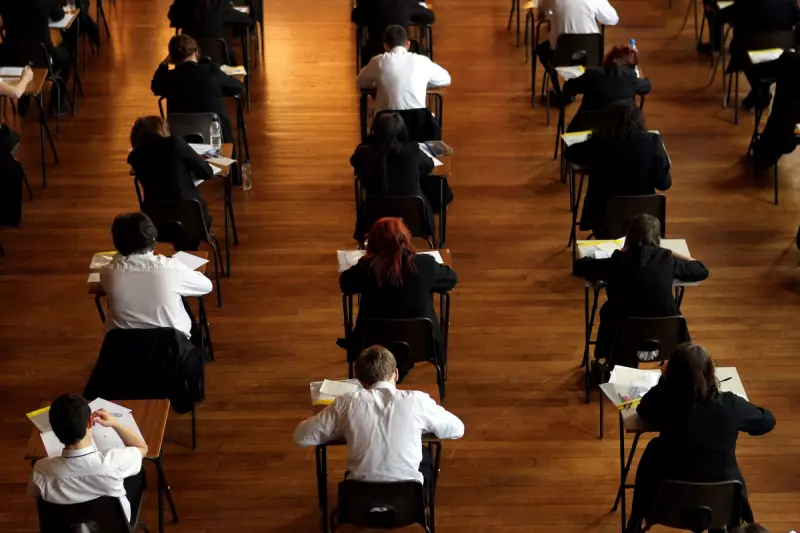
A stark warning has been issued that GCSE Music is becoming the preserve of wealthier pupils, as crippling costs create an 'educational apartheid' in state schools across Britain.
The Child Poverty Action Group (CPAG) has revealed that the total expense for a single music GCSE can exceed £400 per pupil. This staggering figure is forcing many schools to scale back or entirely abandon their music offerings, disproportionately affecting children from low-income families.
The Hidden Costs of a Musical Education
While the government promotes the importance of creative subjects, the reality facing schools tells a different story. The required expenses include:
- Instrument tuition fees ranging from £20-40 per hour
- Exam board fees and administrative costs
- Essential equipment and resources
- Transportation for practical assessments
"We're witnessing the slow death of music education in state schools," said one headteacher who wished to remain anonymous. "When budgets are already stretched to breaking point, asking schools to find hundreds of pounds per music student is simply unrealistic."
The Ripple Effect on Educational Equality
This financial barrier doesn't just limit opportunities—it actively widens the attainment gap. Private schools, where fees routinely cover such expenses, continue to offer robust music programmes, while state schools are forced to make difficult choices.
Alison Garnham, Chief Executive of CPAG, stated: "This isn't just about music—it's about fundamental educational equality. When certain subjects become financially inaccessible, we create a two-tier system that disadvantages those already facing economic hardship."
A National Crisis in Arts Education
The situation reflects a broader trend in creative education. Recent data shows a significant decline in arts subject uptake in state schools, while private institutions maintain stable numbers. This divergence suggests a growing cultural divide in educational opportunities.
Educational experts warn that the loss of music programmes could have long-term consequences for the UK's cultural sector and creative industries, which traditionally draw talent from diverse backgrounds.
As one music teacher lamented: "We're not just losing subjects—we're losing potential. The next great British composer or performer might be sitting in a classroom right now, never discovering their talent because we've priced them out of opportunity."





